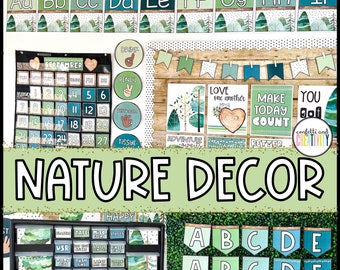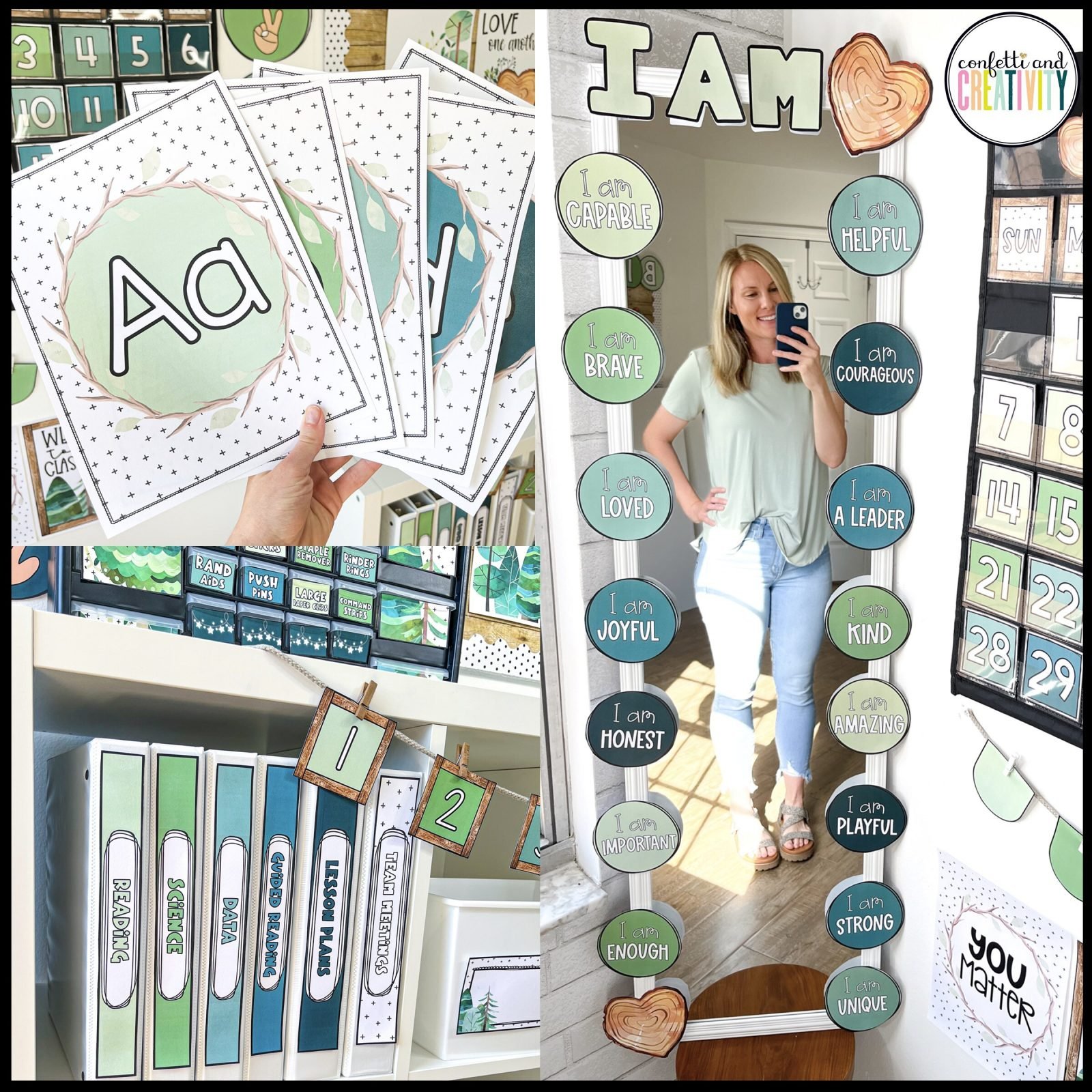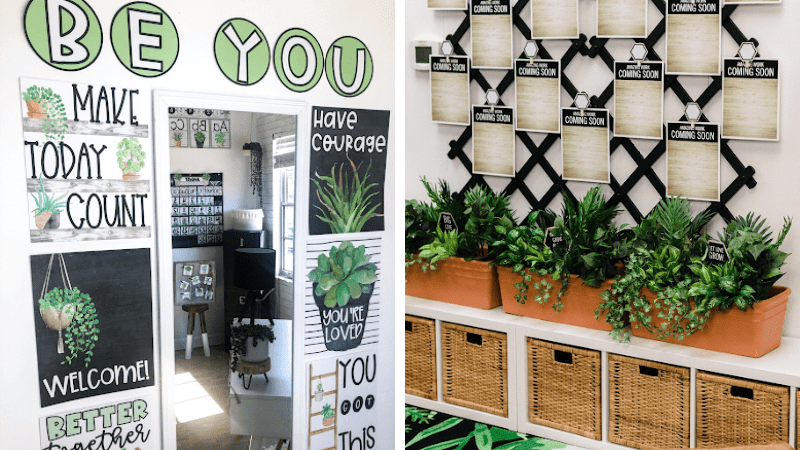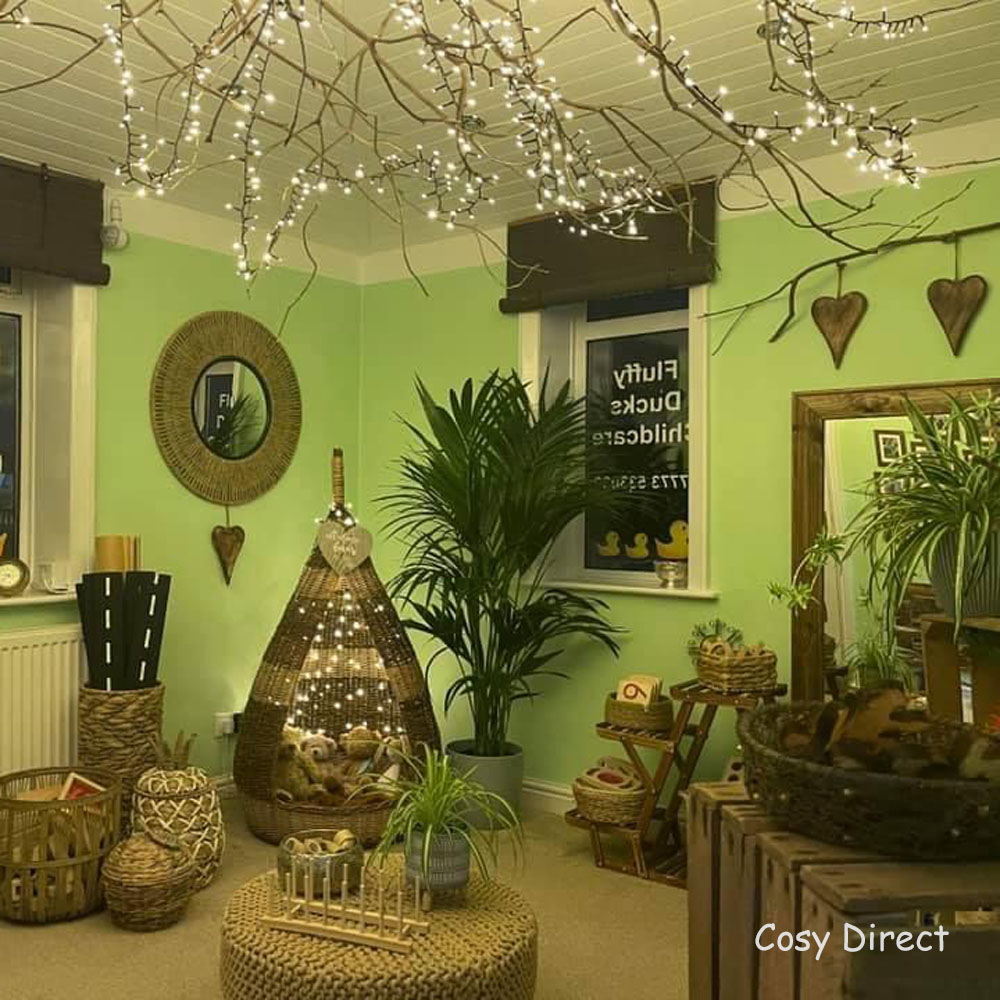As an educator, creating an inviting and inspiring classroom environment is always at the forefront of my mind. One way I’ve found to achieve this is through natural classroom decor. Not only does it enhance the aesthetic appeal of the classroom, but it also promotes a sense of calm and connection to nature among students. In this comprehensive guide, we will explore various aspects of natural classroom decor, including ideas, benefits, materials, and tips to create a nurturing learning space.
Why Choose Natural Classroom Decor?
Natural decor is not only visually appealing but also beneficial for the classroom environment. Here are a few reasons why incorporating natural elements is essential:
- Enhanced Learning Environment: Natural elements can calm anxiety and promote focus, leading to a more effective learning atmosphere.
- Connection to Nature: With increasing screen time, students crave a connection to nature. Bringing the outdoors inside can fulfill this need.
- Creativity Boost: Natural materials often inspire creativity, encouraging students to think outside the box.
Essential Elements of Natural Classroom Decor
Here are the primary elements you can incorporate into your classroom decor:
1. Plants
Plants are one of the easiest ways to introduce natural decor into your classroom. They improve air quality and can have a calming effect.

Popular Classroom Plants
- Pothos: Low maintenance and excellent air purifier.
- Spathiphyllum: Beautiful white flowers and improves indoor air quality.
- Snake Plant: Very hardy and thrives in various light conditions.
Pros and Cons of Classroom Plants
| Pros | Cons |
|---|---|
| Improves air quality | Some may cause allergies |
| Adds color and texture | Requires regular watering |
| Enhances mood | Potential for plant diseases |

2. Natural Textiles
Using fabrics made from natural fibers can add warmth and comfort to your classroom. Look for items like:
- Organic cotton curtains
- Wool or cotton rugs
- Hemp or linen cushions

Benefits of Natural Textiles
Natural fabrics are generally more breathable and tend to be better for the environment than synthetic materials, making them a great choice for any classroom setting.
3. Wood Elements
Incorporating wooden furniture or decor items adds a rustic charm and a sense of grounding. Think about:

- Wooden shelves
- Natural wood tables
- Wooden teaching aids (like blocks or puzzles)
Wood vs. Plastic: A Comparison
| Aspect | Wood | Plastic |
|---|---|---|
| Durability | Long-lasting | Can degrade over time |
| Environmental Impact | Biodegradable | Non-biodegradable |
| Aesthetic Appeal | Warm and inviting | Often less visually appealing |

4. Nature-Inspired Artwork
Decorating walls with art inspired by nature can stimulate conversation and creativity. Consider:
- Framed prints of landscapes or wildlife
- Student-created art featuring natural elements
- Nature-themed bulletin boards

Practical Tips for Implementing Natural Classroom Decor
Now that you’re familiar with the various elements of natural decor, here are some practical tips to help you implement them effectively:
1. Start Small
If you’re new to natural decor, consider starting with a few small items like plants or natural textiles. Gradually add larger elements as you become comfortable.
2. Involve Your Students
Get your students involved in selecting decor or creating art for the classroom. This fosters ownership and pride in their learning space.
3. Create a Nature Corner
Designate a small area of your classroom to be a “nature corner” where students can explore natural materials, observe plants, and engage in sensory experiences.
4. Maintain the Decor
Regular maintenance is essential, especially for live plants. Schedule a routine for watering and tending to your classroom decor to keep it looking fresh and inviting.
Personal Experiences with Natural Classroom Decor
Let me share a personal story. In my first year of teaching, I decorated my classroom with plastic decorations and synthetic materials. It was bright and colorful but lacked warmth. After a few weeks, I noticed my students seemed distracted and restless.
Feeling inspired by the beauty of nature, I gradually started replacing my decor with natural elements. I added a few potted plants and mounted some nature prints on the walls. The transformation was incredible. The classroom felt more inviting, and I could see my students becoming more engaged and willing to participate in discussions. Nature truly had a positive impact on our learning environment!
FAQs about Natural Classroom Decor
What are the best plants for classroom decor?
Easy-to-care-for plants like Pothos, Snake Plants, and Spider Plants are excellent choices for classrooms due to their hardiness and air-purifying properties.
How do I maintain indoor plants in the classroom?
Ensure plants receive adequate light and water. Create a schedule for watering and consider involving students in the care process, turning it into a fun responsibility.
What are some sustainable materials for classroom decor?
Consider using organic cotton, bamboo, cork, and reclaimed wood for furnishings and decorations. These materials are eco-friendly and often more durable than their synthetic counterparts.
How can I involve students in decorating the classroom?
You can host a decorating day where students contribute their artwork or help arrange decor. Encourage them to bring in natural elements they find, like leaves or stones, to personalize the space.
Conclusion
Incorporating natural classroom decor is more than just a design choice; it’s a transformative approach that fosters a nurturing and inspiring learning environment. By using plants, natural textiles, wooden elements, and nature-inspired artwork, you can create a space that encourages creativity, promotes focus, and connects students with the beauty of nature.
Whether you’re a seasoned educator or just starting your teaching journey, I encourage you to explore the enchanting world of natural decor. Your students will thank you, and you might just rediscover the magic of nature in your teaching space!